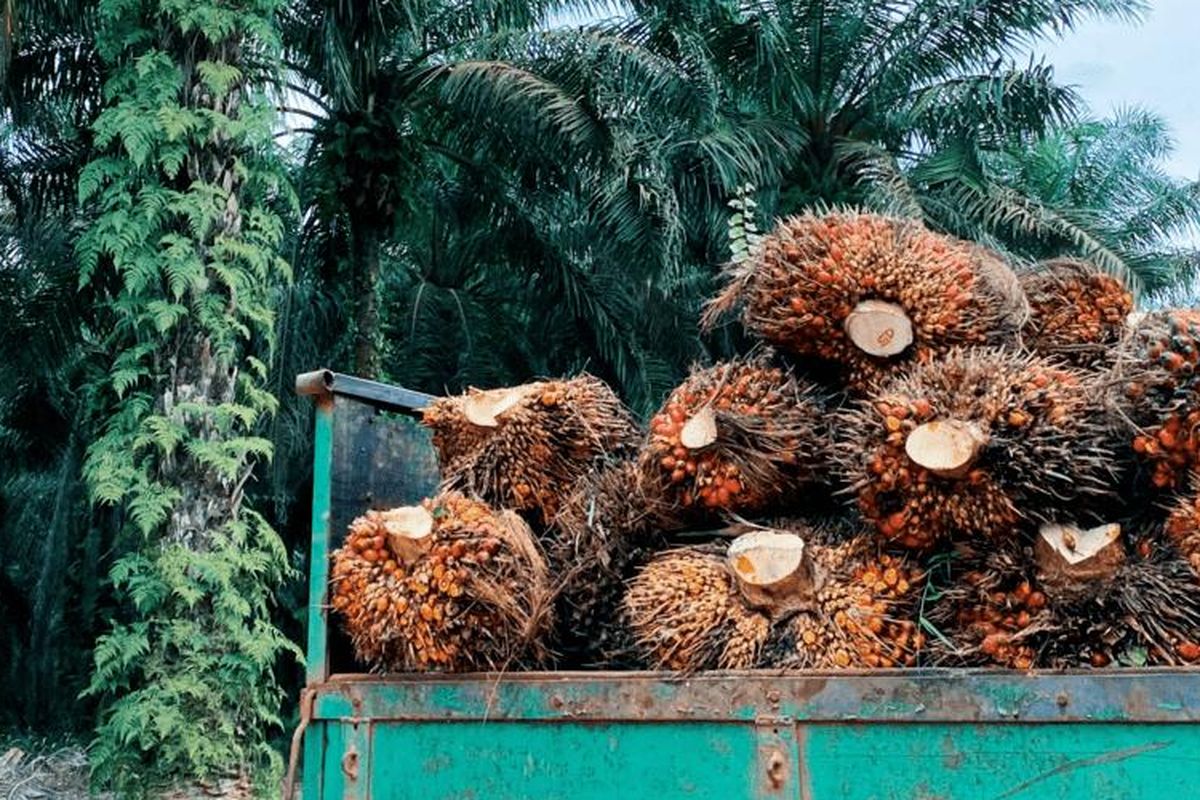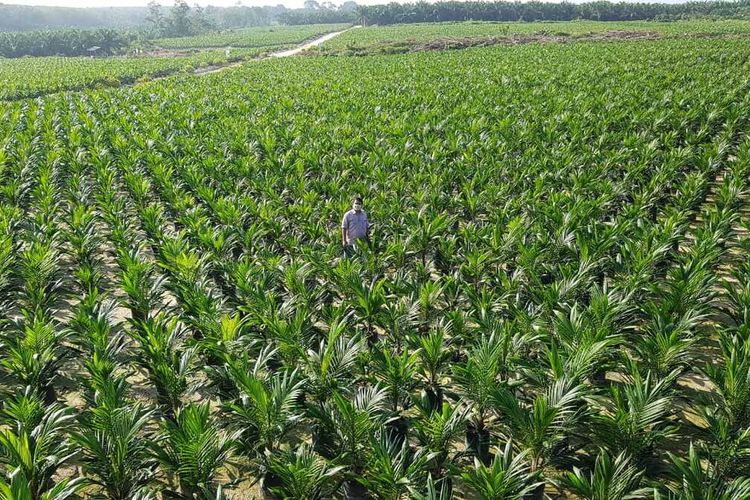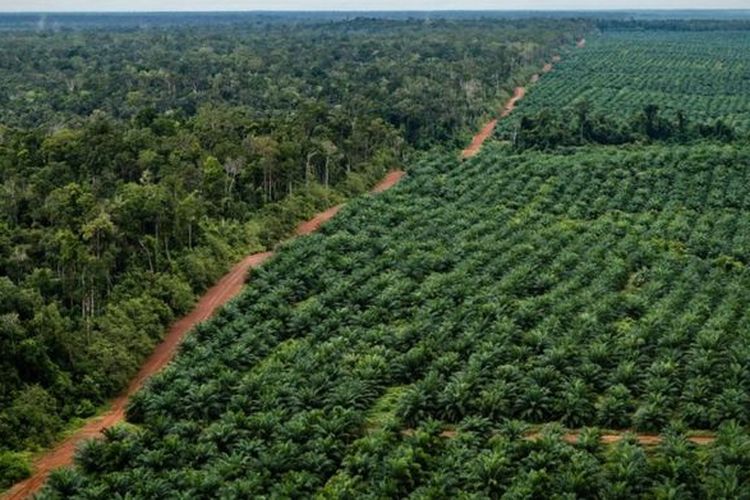
It could also be the case for the EU's proposed regulation on deforestation-free products, a scheme announced last November that will force foreign companies selling soy, beef, palm oil, wood, cocoa, and coffee in EU markets to prove production processes are deforestation-free.
An opportunity for Indonesia and Malaysia
Zuraida Kamaruddin, Malaysia's Minister for Plantation Industries and Commodities, told Bloomberg in November that her country wasn't concerned about the proposed new EU regulations since Malaysia is focused on "increasing productivity of the existing planted area rather than expansion."
A Malaysian official, who asked for anonymity because they were not authorized to speak, reckons the government is now pushing the EU to improve its economic incentives for compliance with the proposed deforestation-free products regulation.
"Negotiation can be in terms of clear and measurable indicators for compliance, time steps, and clear economic incentive for those who comply," Herry Purnomo, deputy country director for Indonesia at CIFOR-ICRAF, a global research institution, told DW.
Also read: Indonesia’s Palm Oil Industry Shows Signs of Recovery
A lesson, he added, could be taken from the Forest Law Enforcement, Governance, and Trade (FLEGT), an EU law regulating timber entering its market.
The EU and Indonesia negotiated a voluntary partnership agreement over this mechanism, and in 2016 Indonesia became the first country in the world to issue FLEGT licenses for timber products exported to EU markets.
Kiki Taufik, global head of Greenpeace's Indonesian forests campaign, said he doesn't expect the Ukraine conflict will mean the EU "turns its back on something as important as sustainability and climate change."
"The proposed EU regulation [on deforestation] offers an opportunity for Indonesian and Malaysian producers and processors… to be able to demonstrate traceability to the plantation or farm and that they are deforestation-free," said Taufik.
"This includes smallholders, and will enable them to have continued and expanded access to the high-value EU market," he added.
Higher costs
However, Purnomo warns that the economic costs of deforestation-free products are enormous in high-risk forested areas, such as those in Malaysia and Indonesia, and the costs are "probably beyond the thinking of global green trade negotiators."
The main concern is over the smallholders who, without assistance, won't be able to afford the technology or costs associated with proving their products are deforestation-free.
The EU could respond with some financial inducements, such as the Carbon Adjustment Mechanism, which is also under consideration, but "these alone are insufficient and would need to be coupled with a premium price for compliant palm oil," said Purnomo.
A European Commission source, speaking anonymously, said they believe the proposed deforestation legislation could take at least two years to be adopted. They believed that parts of the mechanism could be tweaked after negotiations with Indonesian or Malaysian officials but the proposed legislation won't be radically altered.
Simak breaking news dan berita pilihan kami langsung di ponselmu. Pilih saluran andalanmu akses berita Kompas.com WhatsApp Channel : https://www.whatsapp.com/channel/0029VaFPbedBPzjZrk13HO3D. Pastikan kamu sudah install aplikasi WhatsApp ya.

































